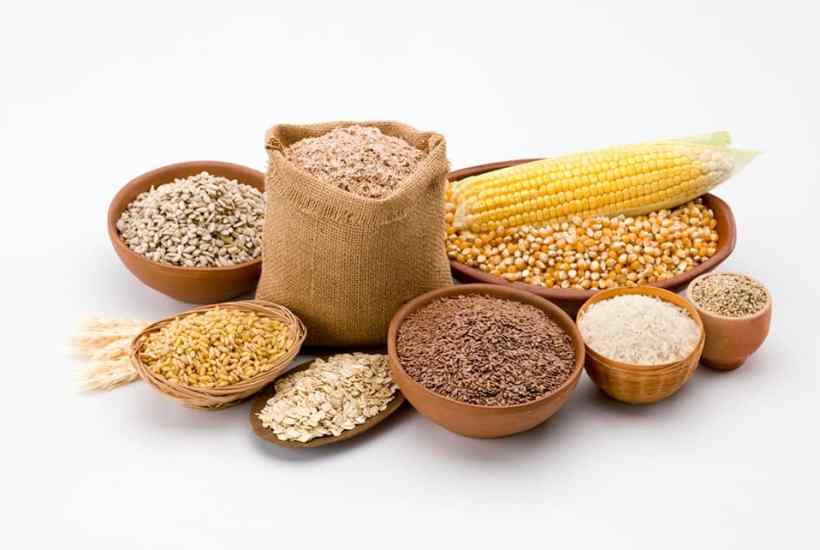‘Wha, wha?’ said my husband in a slack-jawed way, throwing over a copy of the Guardian, as though it was my fault. ‘“Today,” it said, “just three crops – rice, wheat and corn – provide nearly half of the world’s calories.”’ I saw the problem. It was obvious, from a process of elimination, that by corn it meant ‘maize’.
Elsewhere ambiguities abound. Since the Ukraine war began, discussion of wheat and maize has increased no end, but it is often impossible to tell whether wheat or maize is meant by corn.
I thought we had agreed to differ with America on this. ‘As a general term the word corn includes all the cereals, wheat, rye, barley, oats, maize, rice, etc,’ the Oxford English Dictionary remarks chattily in an entry not fully updated since 1893. ‘Locally, the word, when not otherwise qualified, is often understood to denote that kind of cereal which is the leading crop of the district; hence in the greater part of England corn = wheat, in North Britain and Ireland = oats; in the United States the word, as short for Indian corn, is restricted to maize.’
They began early with the ‘maize’ meaning. In 1608, Captain John Smith, fresh from killing Turks and escaping their slavery, found himself in charge of the colony of Virginia. ‘It pleased God (in our extremity),’ he recorded, ‘to move the Indians to bring us Corne, ere it was halfe ripe, to refresh us, when we rather expected they would destroy us.’
Corn moved happily from ‘wheat’ to ‘maize’ because at bottom it meant ‘grain’. Indeed it is grain that Americans today call the variety of cereals. In deep history, the words corn and grain come from the same origin. So does kernel. Among our Indo-European ancestors, the root meaning was ‘something ground’.
We don’t mind speaking of a grain of sand or a grain of salt, and not long ago English speakers referred to corns of salt or sand. For years, having been deceived at infant school, I thought corned beef came from beasts fed on maize, though it was in fact cured with corns of salt.
Faced with cereal ambiguity, the best chance is to use specific wheat or maize and to shelve corn.
Got something to add? Join the discussion and comment below.
Get 10 issues for just $10
Subscribe to The Spectator Australia today for the next 10 magazine issues, plus full online access, for just $10.
You might disagree with half of it, but you’ll enjoy reading all of it. Try your first month for free, then just $2 a week for the remainder of your first year.















Comments
Don't miss out
Join the conversation with other Spectator Australia readers. Subscribe to leave a comment.
SUBSCRIBEAlready a subscriber? Log in